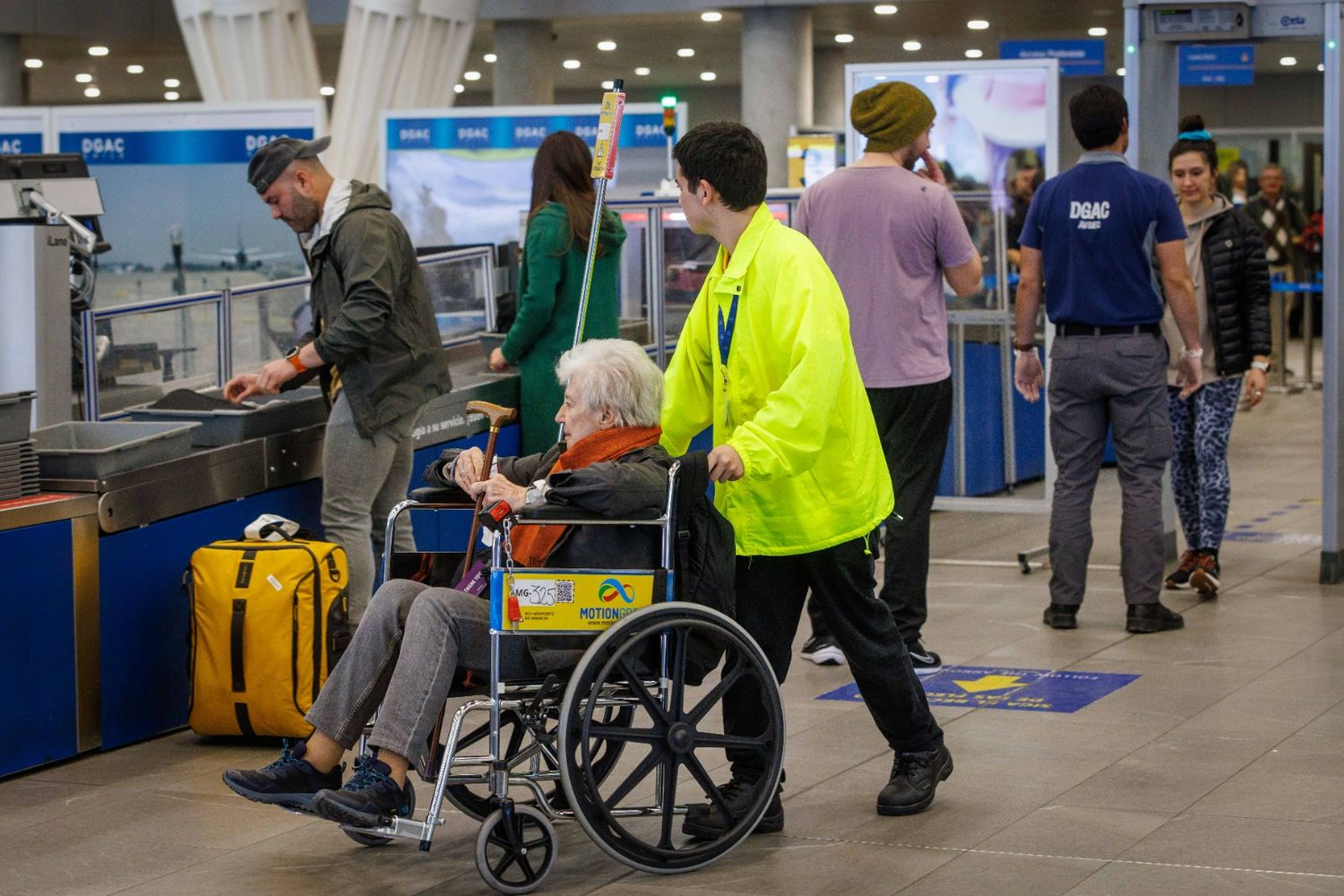IATA raises concerns over new ground assistance model for passengers with reduced mobility at Santiago Airport
The International Air Transport Association (IATA) has expressed concern over a new ground assistance scheme for passengers with reduced mobility (PRM) set to take effect at Santiago International Airport (SCL) starting in July.
According to the organization, the airport concessionaire Nuevo Pudahuel will no longer be responsible for transporting passengers between the boarding gate and the aircraft. This duty will instead fall to the airlines, a move that IATA warns poses operational risks and could compromise both the safety and dignity of users relying on the service.
IATA argues that fragmenting the process among multiple parties increases complexity, making coordination between the passenger, airline, and service provider more difficult. This, the association warns, could lead to inefficiencies and additional barriers to air travel for people with disabilities or limited mobility.
“The passenger experience is not being prioritized—regardless of disability or mobility challenges, every traveler deserves equal treatment,” said Helen Kouyoumdjian, IATA’s Country Manager in Chile. “The service should be provided by a single operator from airport entry to aircraft door, as it has been for the past ten years,” she added.
Kouyoumdjian also confirmed that IATA has formally requested the intervention of the Ministry of Public Works, specifically through the Fiscal Inspectorate, the entity responsible for overseeing the airport’s concession.
The global aviation body emphasized the importance of upholding service standards aligned with international best practices, reiterating its willingness to collaborate with both authorities and the concessionaire to ensure a smooth transition that protects passengers' rights.
IATA also urged full enforcement of ICAO’s Annex 9 – Facilitation, which recognizes the essential need for accessible services for persons with disabilities and reduced mobility.
The planned model shift has sparked debate within the aviation sector, with stakeholders calling on authorities to explore alternatives that uphold the level of assistance required by global standards.
Nuevo Pudahuel stated last week that the redesign has been in development since early 2024, incorporating input from specialized organizations such as Senadis, Senama, Fundación Teletón, and air sector representatives including IATA and Achila.
According to the company, the new model will be implemented through a public tender, set to be awarded in the coming months after the current provider’s contract ends. The plan includes the deployment of a new fleet of vehicles and wheelchairs, as well as upgrades to waiting areas and designated meeting points.


Comentarios
Para comentar, debés estar registrado
Por favor, iniciá sesión